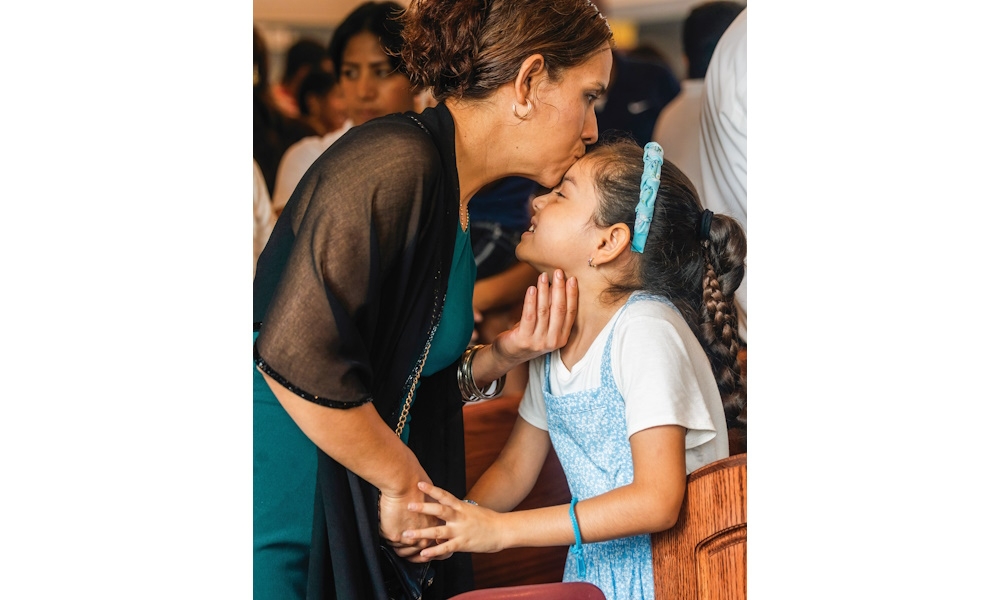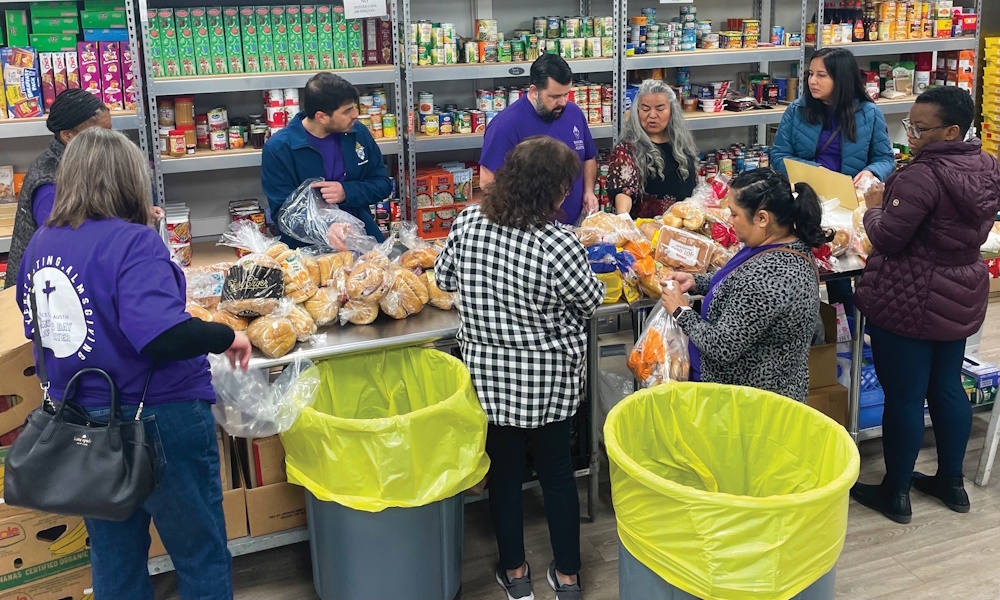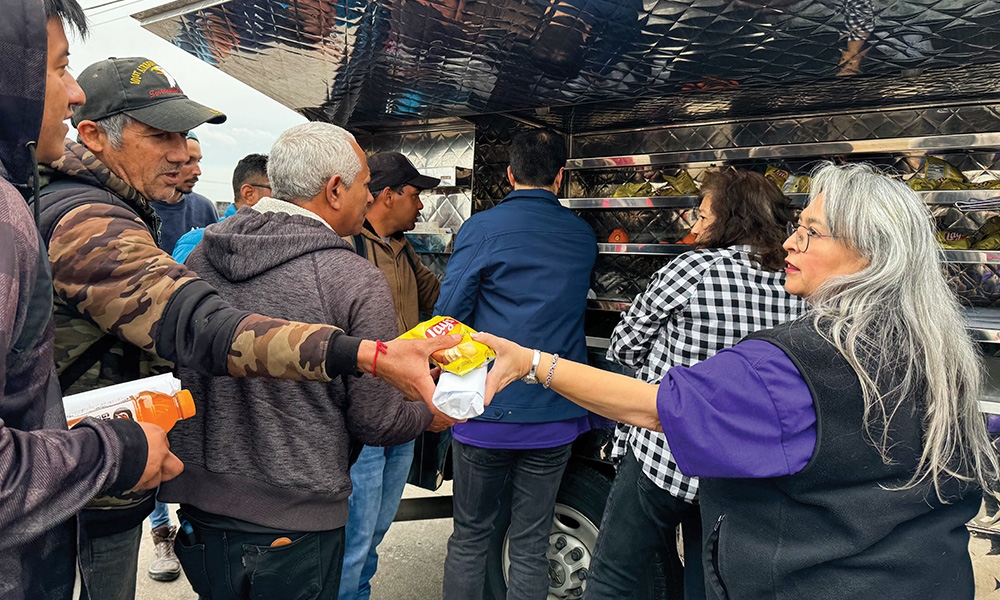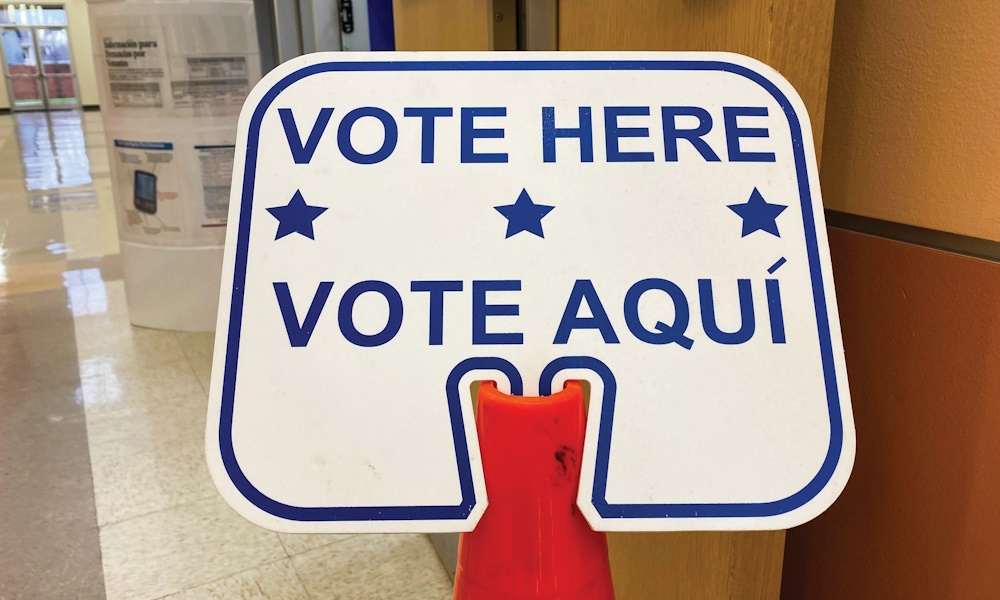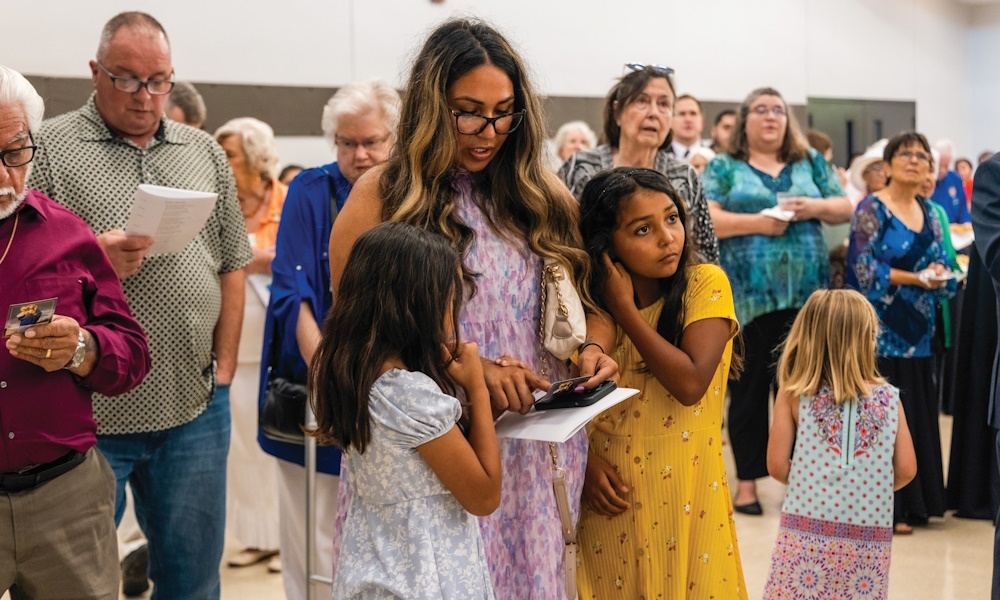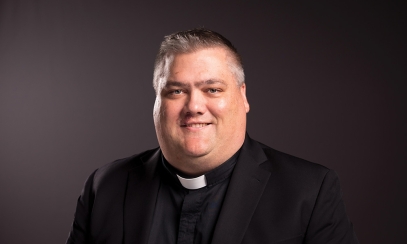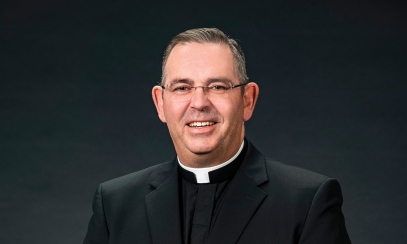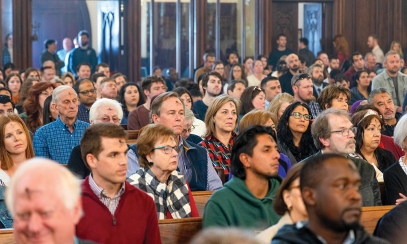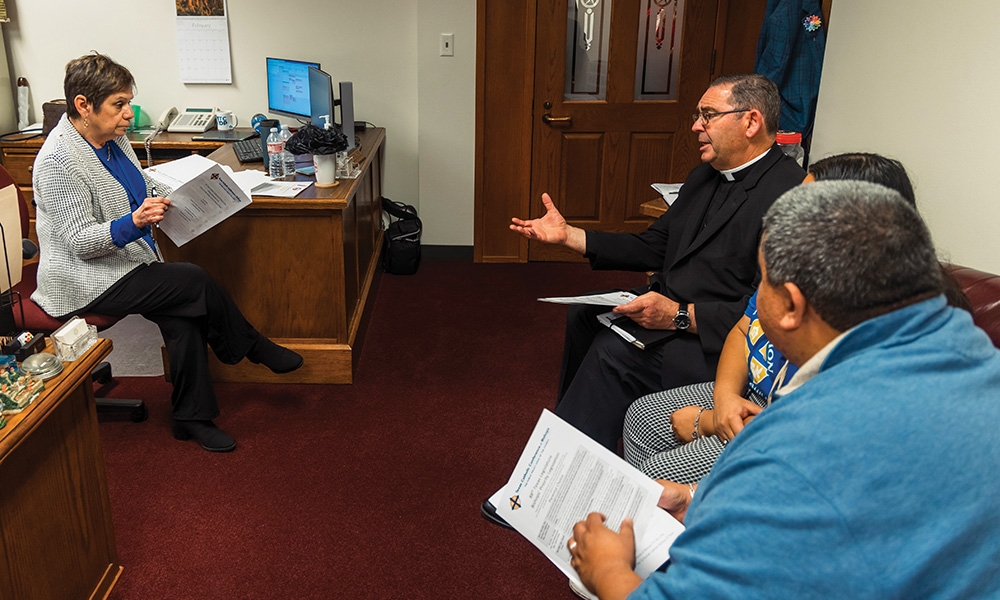
We are social creatures with God-given rights, responsibilities
Editor: Bishop Vásquez, with this interview, we continue our series on Catholic social teaching. The second pillar, the Call to Family, Community and Participation, focuses on the social and communal nature of humans. God does not want us to be alone, correct?
Bishop Vásquez: Yes, from the very beginning of creation, as we read in the book of Genesis, God created us as social beings with an emphasis on human dignity, family, and how we are our brother’s (and sister’s) keeper. As Pope Francis writes in Fratelli Tutti, “No one can experience the true beauty of life without relating to others, without having real faces to love. This is part of the mystery of authentic human existence.” (no. 87)
Our recent Holy Fathers, particularly Pope Paul VI, St. John Paul II and Benedict XVI have highlighted the beauty and sacredness of the human family. Our families are where we discover who God is, who we are, and how to love one another. When our families are strong, society remains strong. Therefore, we must protect the sanctity of marriage and strengthen family bonds.
St. John Paul II wrote in Familiaris Consortio that Christian families bear witness to the kingdom of God and the peace of Christ through active involvement in society and by supporting associations devoted to the common good. When local individuals and families come together, they can collectively address social problems. Therefore, active participation in our communities is necessary for each of us.
Everyone has a part to play in society. Within our community, we can bring our individual gifts together and create a unified presence that seeks the best for every member of our community. As a church, we come together as a community to advocate for the marginalized and to defend the lives of the very young and the elderly. Together we can and do make a difference in our world.
Editor: That call to participation in community leads into the third pillar, which is Rights and Responsibilities. What are our responsibilities as followers of Christ?
Bishop Vásquez: Our Catholic tradition teaches that human dignity is respected and a strong community is maintained only if our human rights are protected, and our responsibilities are met. Every person, no matter their age, background, culture or economic status, deserves to be treated with decency and respect. “Man has the right to live. He has the right to bodily integrity and to the means necessary for the proper development of life, particularly food, clothing, shelter, medical care, rest, and, finally, the necessary social services,” St. John XXIII wrote in Pacem in Terris.
Our responsibilities include advocating for the common good and helping the poor and vulnerable who cannot advocate for themselves. One of the most powerful ways to participate in our democracy is to vote in our local, state and national elections. The Catholic Church does not tell the faithful for whom or for what party to vote, instead the faithful are to form their consciences in accordance with God’s truth.
As we prepare to cast our votes, we must pray for God’s guidance and study sacred Scripture, church teaching and Catholic social teaching. Then we must learn about the candidates and the issues at stake in each election. Only then will we have fulfilled our civic responsibility as we cast our ballots on election day.
In recent years, our nation has become more and more divided and there has been much polarization even within our church. Therefore, it is also important that when we encounter those who disagree with us, we respond with charity and kindness. Each of us must be open to civil dialogue with our family members, friends and fellow Americans about the issues that face our nation so that together we can build bridges and identify solutions to the problems we face.
Editor: What is your prayer as we faithfully carry out these rights and responsibilities?
Bishop Vásquez: God, our Father, you have created us as social beings responsible for one another. May we work with one another to make our society more just, more compassionate and more loving. May you strengthen our resolve to work together for the common good and well-being of all, especially the poor and vulnerable. Amen.
Bishop Joe S. Vásquez is the fifth bishop of the Austin Diocese, which is home to more than 700,000 Catholics.
For details, visit the diocesan website at austindiocese.org.

